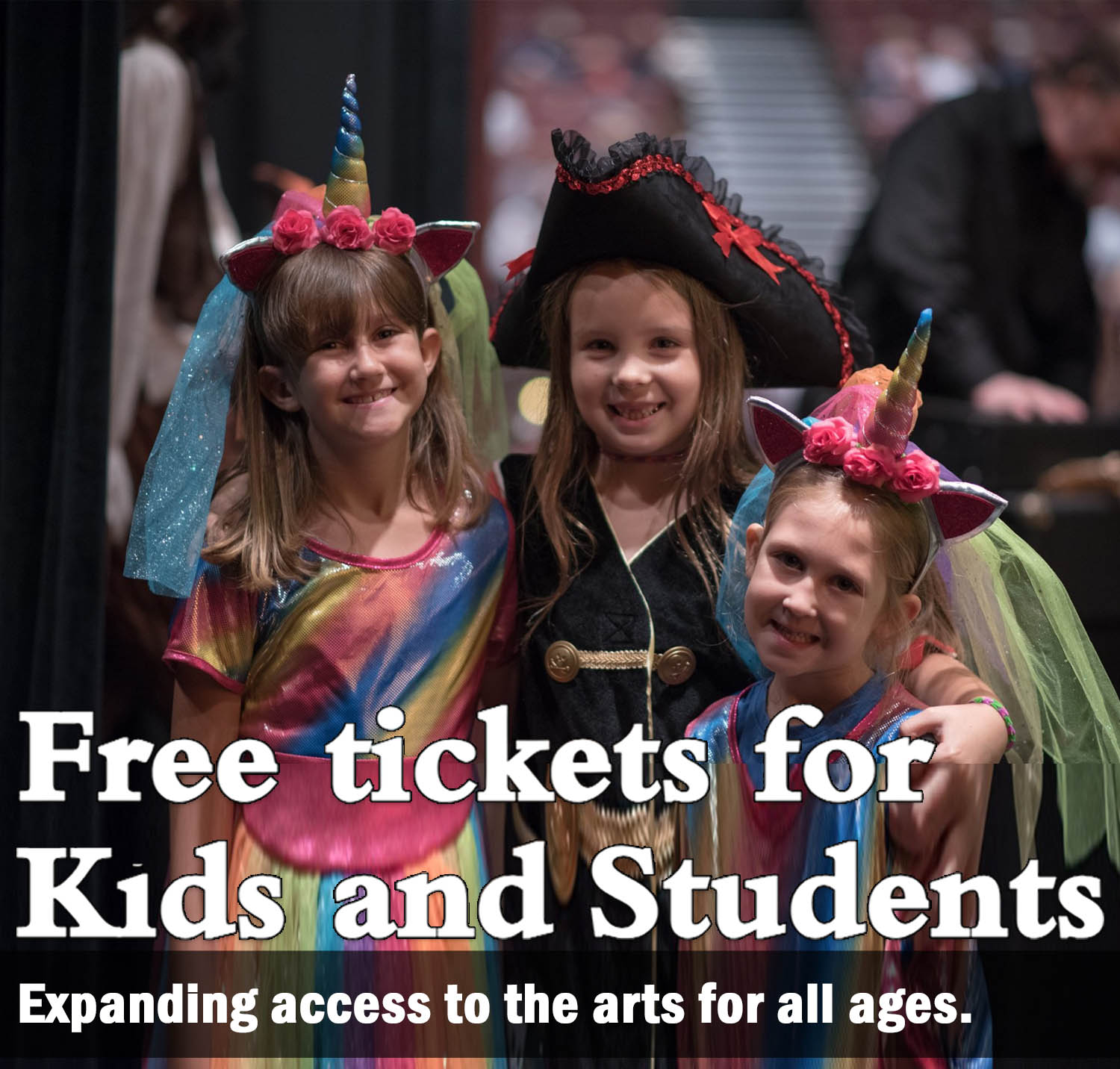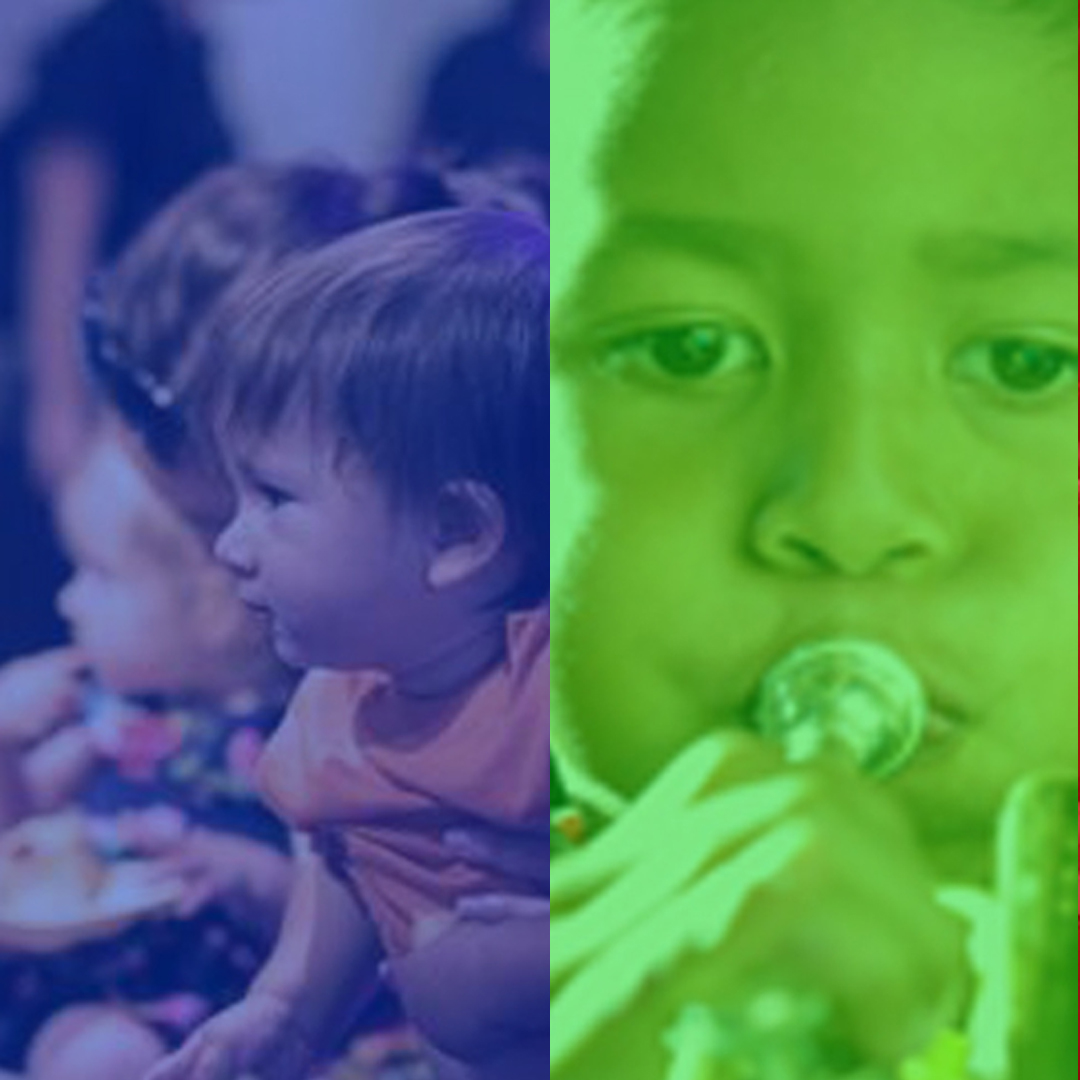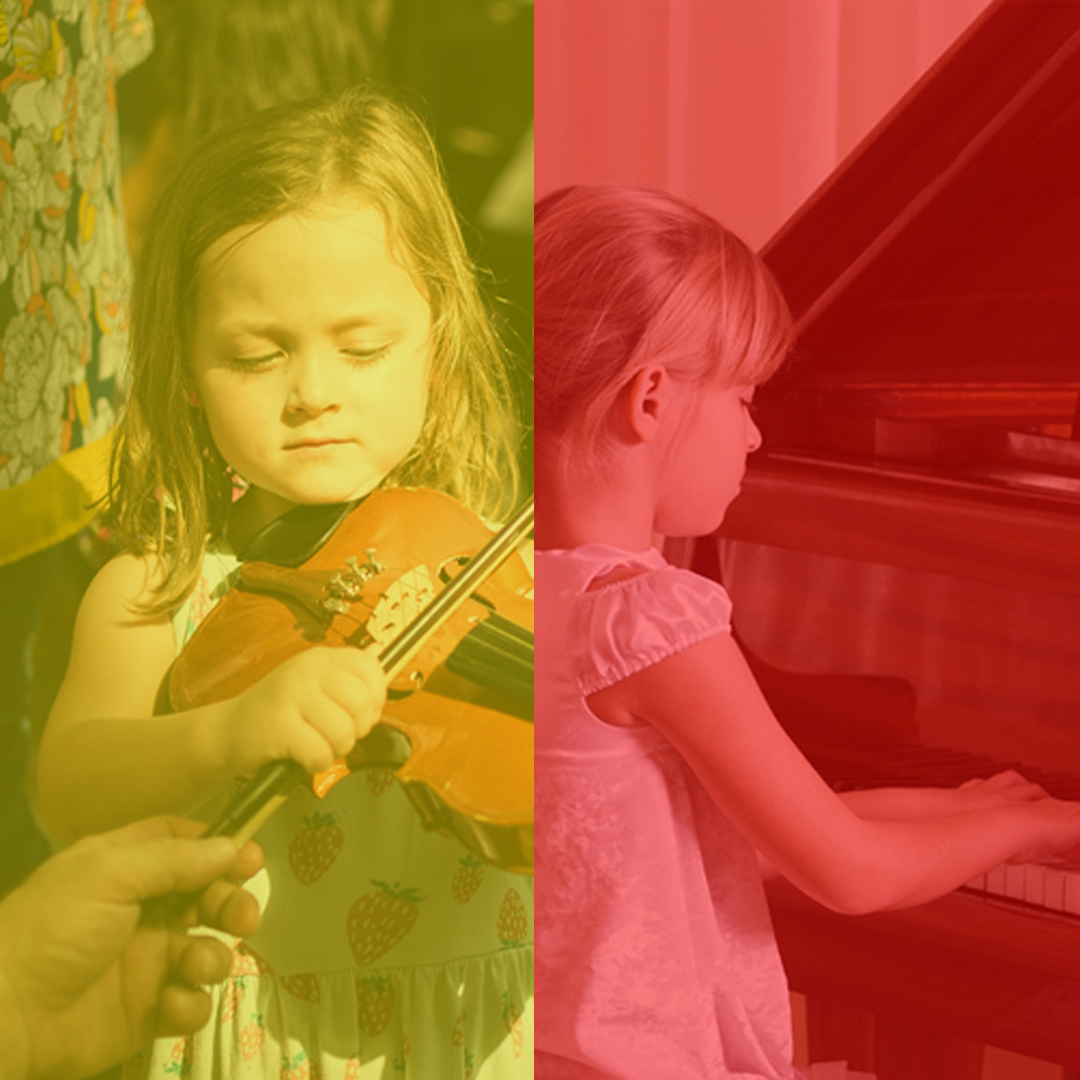
Starting in 2011, concertgoers aged 18 and under or with a college ID gain admission to every SCSO concert free of charge! Kids and students do not require tickets for entry.


The SCSO is dedicated to cultivating a passion and appreciation for music in our community. We believe that the joy and beauty of music can enrich and transform the lives of all people and be a vehicle for strong fellowship, service, and partnership with the communities in which we live. With this initiative, we are expanding access to the arts for young audiences, building on our commitment to making everything we do accessible to young people and families.
If you’ve ever watched your child get completely absorbed in a story, a movie, or even a video game, you know how powerful imagination can be. Now imagine handing them a key to unlock an even bigger world—one where stories come alive through sound, where heroes have fanfares, storms have thunder, and dreams have melodies. That’s what happens when you bring kids to the symphony.

CUE THE MUSIC
A live orchestra is unlike anything else they’ll experience. It’s not a recording from a speaker, it’s 40 – 80 musicians creating sound together in real time—so close you can see the bows flying across strings, the cymbals crashing, the conductor guiding the energy like a wizard. For children, it’s pure wonder. For parents, it’s a gift: the chance to spark curiosity, focus, and creativity in a way that lasts far beyond the concert hall.
And we just so happen to know a group that would be the perfect introduction! Ahhhhheeeeem. Dah-da-Dah!
Your Space Coast Symphony Orchestra! (insert uproarious applause)
This isn’t a “sit still and be quiet” kind of orchestra. Our concerts are lively, adventurous, and welcoming—designed to capture kids’ attention and ignite their imagination. From movie soundtracks and superhero themes to nature-inspired masterpieces and playful surprises, the music feels familiar and exciting, while gently opening the door to timeless classics.
Parents love that it’s approachable and affordable. Kids love that it feels like stepping inside their favorite stories. And everyone leaves with something new: a memory, an idea, maybe even a lifelong love of music.


Development of Listening Skills and Aesthetic Sensibilities
Symphonic music encourages active listening, attentive observation, and the development of refined aesthetic sensibilities. Children exposed to classical music learn to discern different instruments, identify melodies and harmonies, and appreciate the nuances of musical expression. This heightened sensitivity to sound and detail extends beyond music and can enhance their perception and appreciation of other art forms, literature, and the world around them.
Symphonic music offers a multitude of benefits for children, encompassing cognitive development, emotional expression, discipline, cultural appreciation, and aesthetic sensibilities. By exposing children to the rich melodies and complexities of classical compositions, we provide them with a valuable tool for personal growth, cognitive stimulation, and emotional well-being. Whether through listening, playing an instrument, or attending live performances, the presence of classical music in a child’s life fosters a lifelong appreciation for the arts and nurtures their holistic development.

Cognitive Development
Symphonic music can have a profound impact on a child’s cognitive development. Numerous studies have shown that listening to classical music can enhance spatial-temporal skills, mathematical abilities, and pattern recognition. The intricate melodies, harmonies, and complex structures found in classical compositions stimulate the brain, fostering critical thinking, problem-solving, and creative skills. Active engagement with classical music through playing an instrument or singing further strengthens cognitive abilities, memory retention, and attention span.
Emotional Expression and Well-being
Symphonic music has the power to evoke a wide range of emotions and provide an avenue for emotional expression. Exposing children to classical music introduces them to a diverse spectrum of emotions, from joy and excitement to introspection and melancholy. The experience of connecting with the emotional depth and complexity of classical compositions can help children develop emotional intelligence, empathy, and self-awareness. Classical music can also serve as a source of comfort, relaxation, and stress relief, promoting overall emotional well-being.
Cultivation of Discipline and Focus
Learning classical music requires discipline, patience, and focus. Practicing an instrument or participating in a classical music ensemble demands consistent effort, attention to detail, and perseverance. Children who engage with classical music develop a strong work ethic, time management skills, and the ability to concentrate for extended periods. The discipline cultivated through classical music spills over into other areas of their lives, providing a solid foundation for academic and personal achievements.
Cultural Appreciation and Historical Context
Symphonic music is an integral part of our cultural heritage, representing centuries of human creativity and expression. Introducing children to classical music exposes them to the works of great composers, such as Mozart, Beethoven, and Bach, and cultivates an appreciation for the historical, artistic, and cultural contexts in which these compositions were created. Understanding classical music’s historical significance broadens children’s cultural horizons, fostering a sense of connection to the past and an appreciation for the arts.
Development of Listening Skills and Aesthetic Sensibilities
Symphonic music encourages active listening, attentive observation, and the development of refined aesthetic sensibilities. Children exposed to classical music learn to discern different instruments, identify melodies and harmonies, and appreciate the nuances of musical expression. This heightened sensitivity to sound and detail extends beyond music and can enhance their perception and appreciation of other art forms, literature, and the world around them.
Symphonic music offers a multitude of benefits for children, encompassing cognitive development, emotional expression, discipline, cultural appreciation, and aesthetic sensibilities. By exposing children to the rich melodies and complexities of classical compositions, we provide them with a valuable tool for personal growth, cognitive stimulation, and emotional well-being. Whether through listening, playing an instrument, or attending live performances, the presence of classical music in a child’s life fosters a lifelong appreciation for the arts and nurtures their holistic development.

Improves listening skills and concentration
Classical music’s rich variations in tempo, harmony, and dynamics create a unique auditory experience. When listening, children are encouraged to focus and identify familiar melodies and rhythms, strengthening their concentration and auditory processing skills.
So, next time you’re looking for something special to do with your family, skip the screen time and try symphony time. At the Space Coast Symphony, your child won’t just hear music—they’ll experience it. And who knows? You might be sitting next to the next great violinist, composer, or conductor, eyes wide open, soaking it all in!
Fosters emotional development
Classical music provides children with a safe space to explore and express emotions. By listening to different pieces, they learn to identify feelings in the music and relate them to their own experiences. This connection can foster empathy, as children begin to understand and respond to the emotions conveyed by the composer and musicians.

